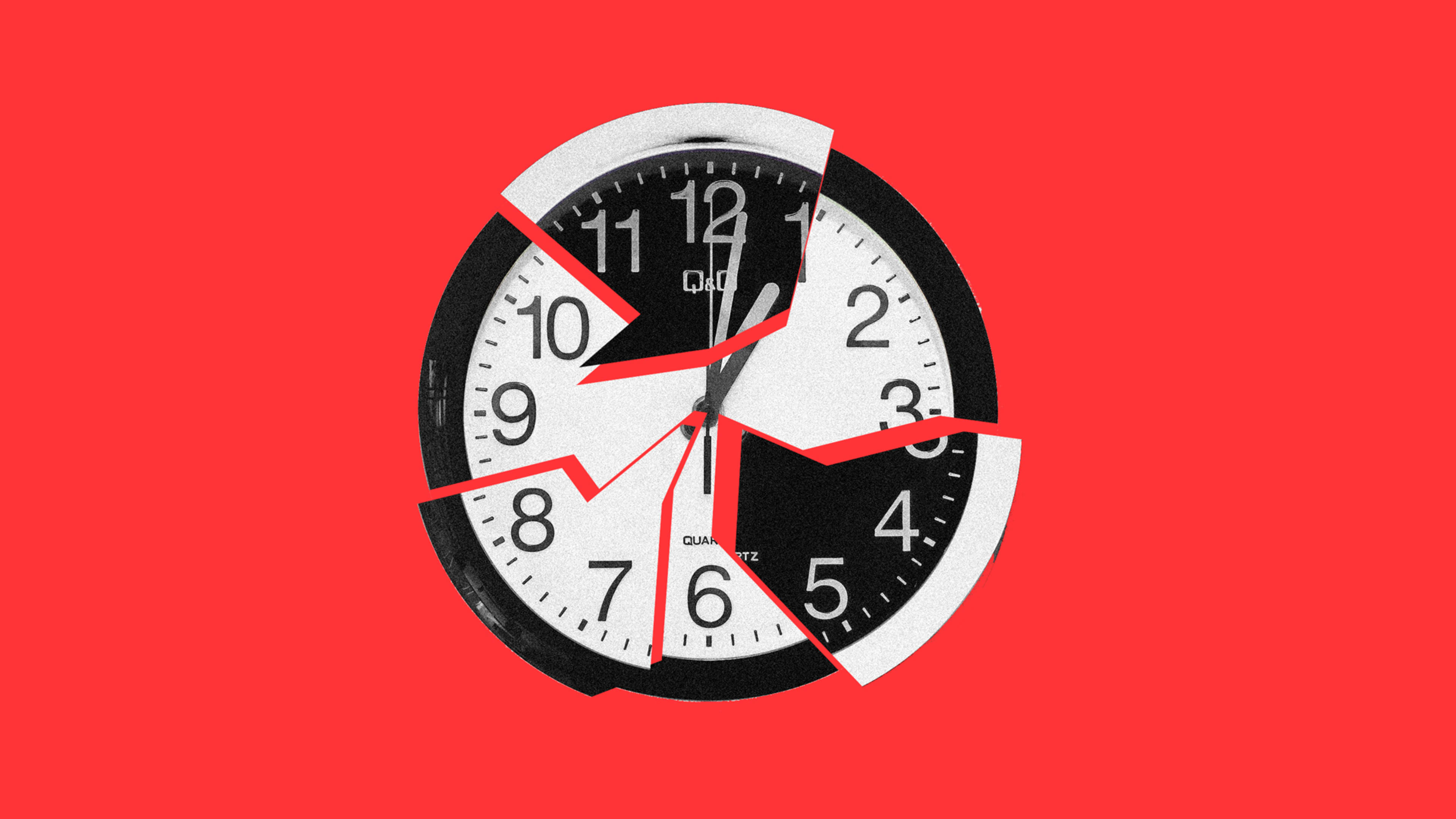If you want to be more productive, you can usually find a hack that promises to help you get more done in less time. However, hacks don’t always solve the problem, and some are better than others.
A study by the business platform Rovva explored some of the most prevalent productivity hacks to see what worked, what didn’t, and why. The most effective hack was using two monitors, which can boost productivity by 42%. Other helpful practices include having natural light in your workspace, drinking water, and going for a walk, which help increase cognition and creativity.
Hacks that proved not to be effective include multitasking, taking cold showers, getting up earlier, and having a clean workspace. These were more dependent on the person. For example, natural early risers may benefit from getting up before others and using the quiet time to be productive, but night owls may not get the same results if they force themselves to wake up earlier.
The problem with most hacks is that they are a bandage and not a cure in a very distracted world, says Dr. Amantha Imber, founder of Inventium, innovation consultants based in Australia.
“The average desk worker checks email every six minutes,” she says. “This begs the question, what deep focused thinking can you have in six-minute increments? It’s a huge problem.”
Are You Solving the Wrong Problem?
Productivity hacks often disguise the larger issue beneath. For example, to get control you’re your email, you can find several hacks, such as batch checking your inbox or closing your email program.
“These are all well and good, but we still receive emails that need to be processed,” says Imber. “Rather than looking for and trying more email hacks, address the workflow behind the communication.”
For example, scheduling meetings often creates a lot of unscheduled back-and-forth communication that clogs up your inbox. “What if we change workflow on how we set meetings?” asks Imber. “What if you used a tool like Calendly that addresses the root cause and removes the back and forth versus relying on hacks to help you deal with your inbox?”
Some people use hacks to maintain their energy throughout the day, such as relying on quick fixes like caffeine and sugar. Imber agrees with the hacks on the Rovva study, suggesting walks instead.
“A study from the University of Colorado found that 30 minutes of walking broken up throughout the day into short walking breaks results in higher energy and resilience in the afternoon,” she says. “Elevating your energy in this way is more sustainable.”
Meetings are another area where you’ll find all sorts of hacks to help improve their effectiveness. The first way to get at the root cause is to decide if the meeting is actually an email in disguise. “A lot are,” says Imber.
Another way to fix meetings is to rethink the 30- to 60-minute default setting. “This is left over from analog calendars where the day is spaced out in one-hour increments,” says Imber. “Parkinson’s law suggests that work expand to fill the time available for completion. If you set a meeting for 60 minutes, it will likely be 60 or 55 minutes long. Before you default to these times, ask yourself how much time the meeting deserves. Chances are you can dramatically reduce the time setting.”
Instead of looking for a hack, Imber says it’s always best to look for the root cause. “Hacks still have an important role and can motivate us in the short term,” she says. “You can feel a sense of productivity when you apply a hack. But hacks are not a long-term solution. For that, go upstream.”
Recognize your brand’s excellence by applying to this year’s Brands That Matter Awards before the early-rate deadline, May 3.
